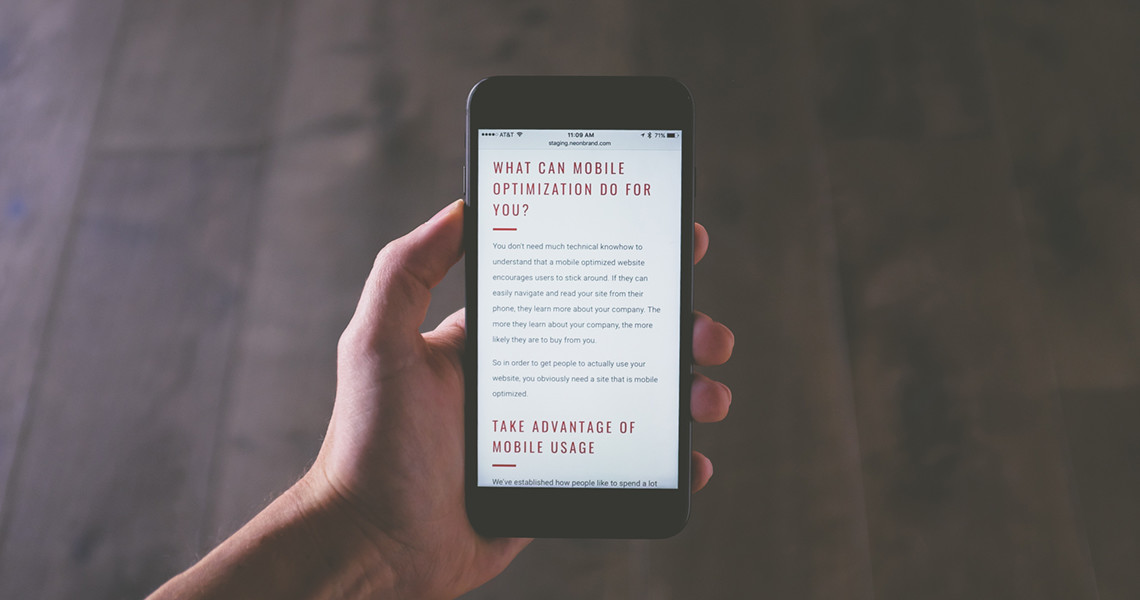 Local SEO is a different entity these days from national or global digital strategy. With Google beginning to prioritise local IP’s in the search results we’re seeing, for the first time, a series of quite radically different results depending on one’s geolocation. For us, as search engine optimizers, this brings into play a whole lot of new questions; such as how to target both local and national simultaneously, whether to take advantage of geolocation settings in webmaster tools, or whether this may hamper a site’s reach if done incorrectly. As ever, Google is keeping us on our toes.
Local SEO is a different entity these days from national or global digital strategy. With Google beginning to prioritise local IP’s in the search results we’re seeing, for the first time, a series of quite radically different results depending on one’s geolocation. For us, as search engine optimizers, this brings into play a whole lot of new questions; such as how to target both local and national simultaneously, whether to take advantage of geolocation settings in webmaster tools, or whether this may hamper a site’s reach if done incorrectly. As ever, Google is keeping us on our toes.
That said, local SEO is still a subject in which some basic strategies work well. If you’re in need of help setting up your site to rank easily in your area, try some of the following tips. As of May 2012, they’re still working.
SEO tips for Local Business
1 Use your location in your keywords.
The first trick is to use your location in your keywords. For example, if you are in Sussex and you are a plastic surgeon, your most important keyphrase should be ‘plastic surgeon Sussex’ because this keyphrase contains your business and your location and will drive people who are looking for car insurance in your location. However, assuming that keyphrase is fairly competitive (if it’s not it aint worth going for!) then you may wish to refine your choice still further. Long tail keywords help your rank faster, and drive more targeted traffic. You may then wish to go for ‘Plastic Surgeon Brighton, for example, thus zooming in on your intended target market. Remember, a more specific term accomplishes several things: it’s less competitive, and you’re also giving your customer exactly what they want so the conversion rates will be higher.
2 Use your location in metatags
Metatags matter for search engines and you shouldn’t miss to include your location, together with your other keywords in the metatags of the pages of your site. Keyword stuffing is obviously a bad idea but simply try to get your location added in there: for example ‘Local SEO Services London’ etc, and you’ll be sending out that clear semantic signal to the robots that you’re offering a service relevant to a local of a certain area.
3 Use your geographical location in your body text
Keywords in the body text still count a lot especially when occurring in the first sentence or, to a lesser degree, last sentence. Take advantage of Latent Semantic Indexing, the current hottest trend in keyword research, to find out which related terms Google considers important. For example, if you’re targeting London, some of the related terms might be: Central London, North London, South West London, the City of London. This way you’ll be covering all the bases!
4 Take advantage of Google Places and Bing Local Business
Google Places and Bing Local are great places to submit to because they will include you in their listings for a particular location. Contact us from Google Places optimisation – we’ll get you to No.1.
5 Create backlinks with your location as anchor text
It could be tough to get organic backlinks with your location as anchor text because some keywords with location don’t sound very natural – for instance, “car insurance London” isn’t grammatically correct and no normal site owner is likely it but you can use it in the Name field to comment on blogs. If the blog is dofollow, you will still get a backlink with anchor text that helps for SEO.
6 Get included in local search engines
Global search engines, such as Google, Bing, or Yahoo can bring you lots of traffic but depending on your location, local search engines might be the real golden mine. A local search engine could mean a search engine for the area (though it is not very likely to have regional search engines) or more likely for your country. For instance, Baidu is a great option, if you are selling on the Chinese market.
7 Get listed in local directories
In addition to local search engines, local directories remain a goldmine. Check the term you’re trying to rank for and, invariably, you’ll see some directories coming up not too far from the top. As well as showing you which ones you want to be included in, this also demonstrates the domain authority that some of these top directories carry. Better still, these local directories are often free, and pick up targeted traffic so make your listing count.
8 Run locally-targeted ad campaigns
Local papers work, as do notice boards, community mailing lists, shop windows, and word of mouth. Utilise the power of your community to make your business work.
9 Use social media wisely
Many communities have local pages on Facebook and Twitter and will offer free shout outs for local business. As of 2012, Pinterest is the one to watch, but Stumble Upon, FB, Twitter, and Linked In remain powerful forces to be reckoned with. Interact with fellow business owners on these networks, share information of genuine use, and they can work brilliantly.
11 Ask for reviews and testimonials from your customers
Local voices ring loudly within a community so ask some of your happy customers to write a testimonial for your site or Google Places page.
12 Create separate pages for your different locations
If you’re targeting several different locations, even within a relatively small area, it can be useful to have two separate pages. It’s extra work but we’ve seen, time and time again, that this can pay off. It throws a wider net out there, and shows that you’re catering directly to local customers.
Related articles


